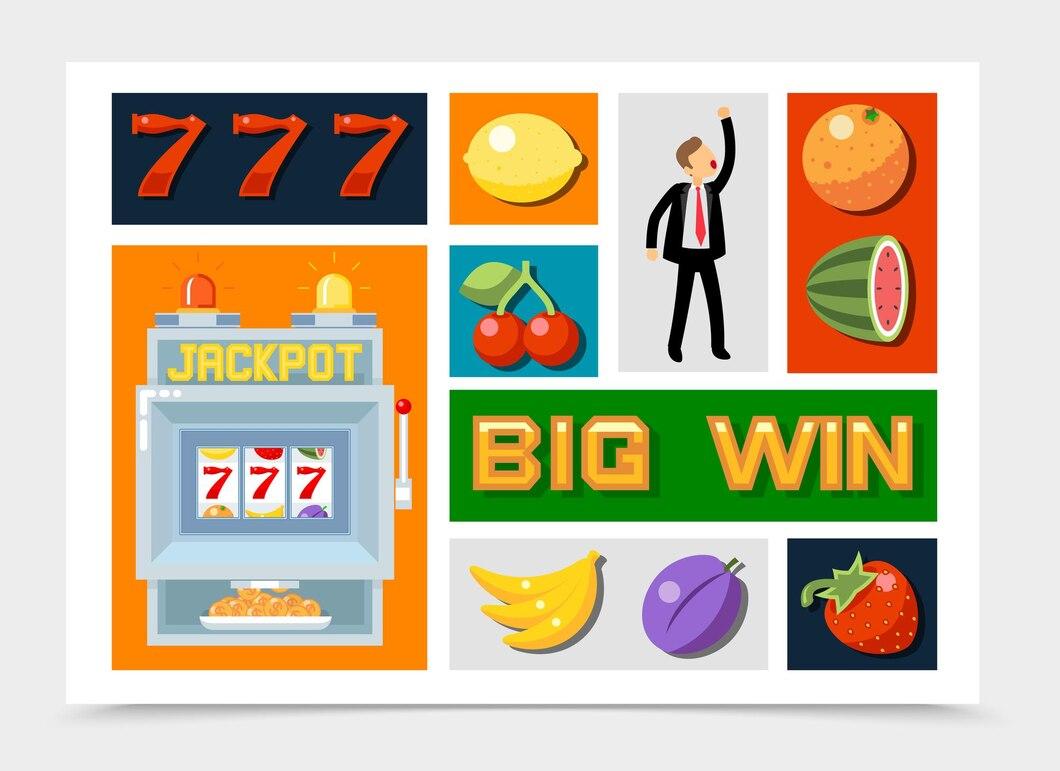In the modern world, the internet and social networks are becoming the main tools for scammers. Every day, numerous fake giveaways and lotteries appear, aimed at extracting money from trusting citizens. This phenomenon has become a real problem, requiring attention and understanding, as well as effective protection methods.
The Mechanism of Scammers
Social networks provide scammers with extensive opportunities to implement their schemes. They create fake accounts, develop attractive conditions for giveaways and lotteries to attract as many participants as possible. Most often, they promise gifts, large cash prizes, or exclusive offers. Such enticing offers spark interest and activity among users. People start sharing this information, leading to even greater spread of the scam.
One of the most common methods is using fake accounts of people or companies supposedly conducting the giveaway. Scammers often forge logos of well-known brands and organizations to appear more trustworthy. Users, seeing familiar names and logos, are less suspicious of potential fraud.
Scammers also use various psychological tricks to evoke a sense of urgency and inevitability in victims. For example, they may claim that the giveaway has a limited time, or that the number of prizes is almost exhausted. Such manipulations push people to make impulsive decisions and quickly send their personal data or money.
In some cases, scammers even create groups in social networks where they prepare their audience in advance, convincing them of the legitimacy of the giveaway. They may use testimonials from other "winners" to create an illusion of reality and credibility.

Conducting Fake Lotteries
Fake lotteries may be organized under the pretext of raising funds for charitable causes, supporting social projects, or simply promoting certain products. Scammers often use unclear rules, making it difficult for participants to understand how they can win. They may not disclose that participation requires something that demands payment or personal information. This allows scammers to easily hide behind a wall of ambiguities and misunderstandings.
Sometimes the rules may seem very enticing and fair, but upon closer examination, the user realizes that the chances of winning are not just low – they are unrealistic. Scammers usually do not publicize details, and only a few succeed or win, while the rest bear the burden of expenses.

Paid Participation and Concealed Fees
An important element of many fake lotteries is the mandatory entry fee for participation. People, attracted by the prospect of winning, are often willing to send money, not realizing that this is a direct path to losing funds. Scammers disguise this requirement in various ways, such as justifying it with costs for organizing the giveaway or "prize delivery."
Some schemes may appear quite legal. For example, scammers may use voluntary contributions instead of mandatory ones and take a very flexible approach to wording to avoid breaking the law. This allows them to remain outside the legal field and avoid responsibility.

How to Avoid Fake Giveaways and Lotteries
Checking Information Sources
One of the simplest ways to protect yourself is to check the sources of information before participating in such events. If you are offered to participate in a giveaway or lottery through social networks, carefully study the account of the organizers. Check when the account was created, how many followers they have, and what posts have been published previously. Pay attention to reviews and comments.
Large and well-known companies usually publish information about their promotions and lotteries on official websites or social media pages. If you do not find a link to an official resource, it is most likely a scam.

Using Additional Tools
It is also worth using specialized tools that help recognize fake sites and accounts. There are online services and browser extensions that can warn you about the risks associated with fake platforms. These tools analyze sites and inform the user about their safety.
It is important to remember that in case of receiving unwanted information about lotteries or giveaways, it is worth taking a pause and not making immediate decisions. Hasty actions can easily result in unnecessary expenses and losses.
Fake giveaways and lotteries are a real threat in the modern information society. Scammers use various tricks and psychological manipulations to extract money from trusting citizens. However, being informed and checking sources can significantly reduce the risk of becoming a victim of fraud. Be informed and cautious to protect your finances from unscrupulous schemes. Do not let scammers take advantage of your trust and do not fall for tricks that can end in financial losses.
